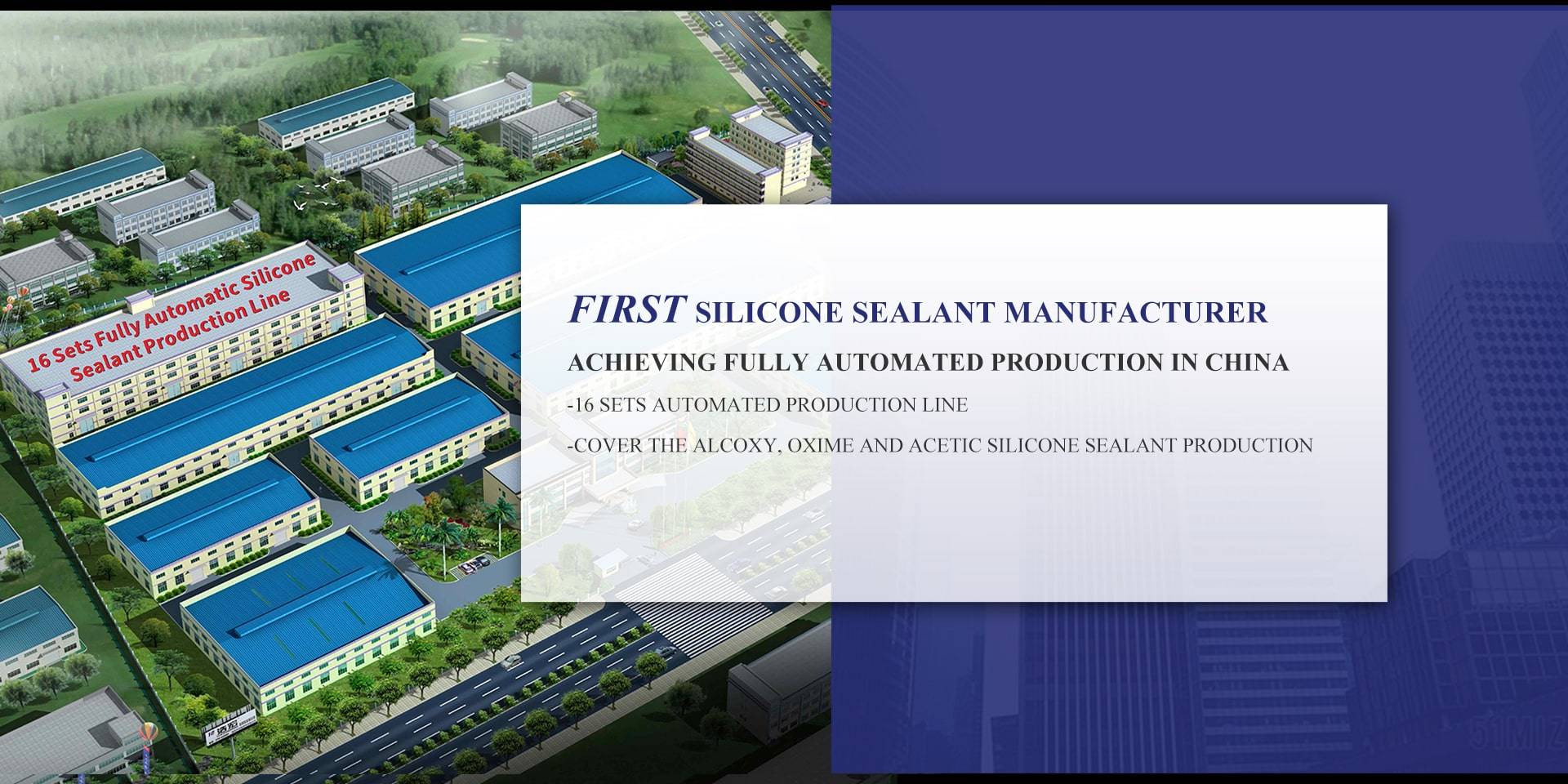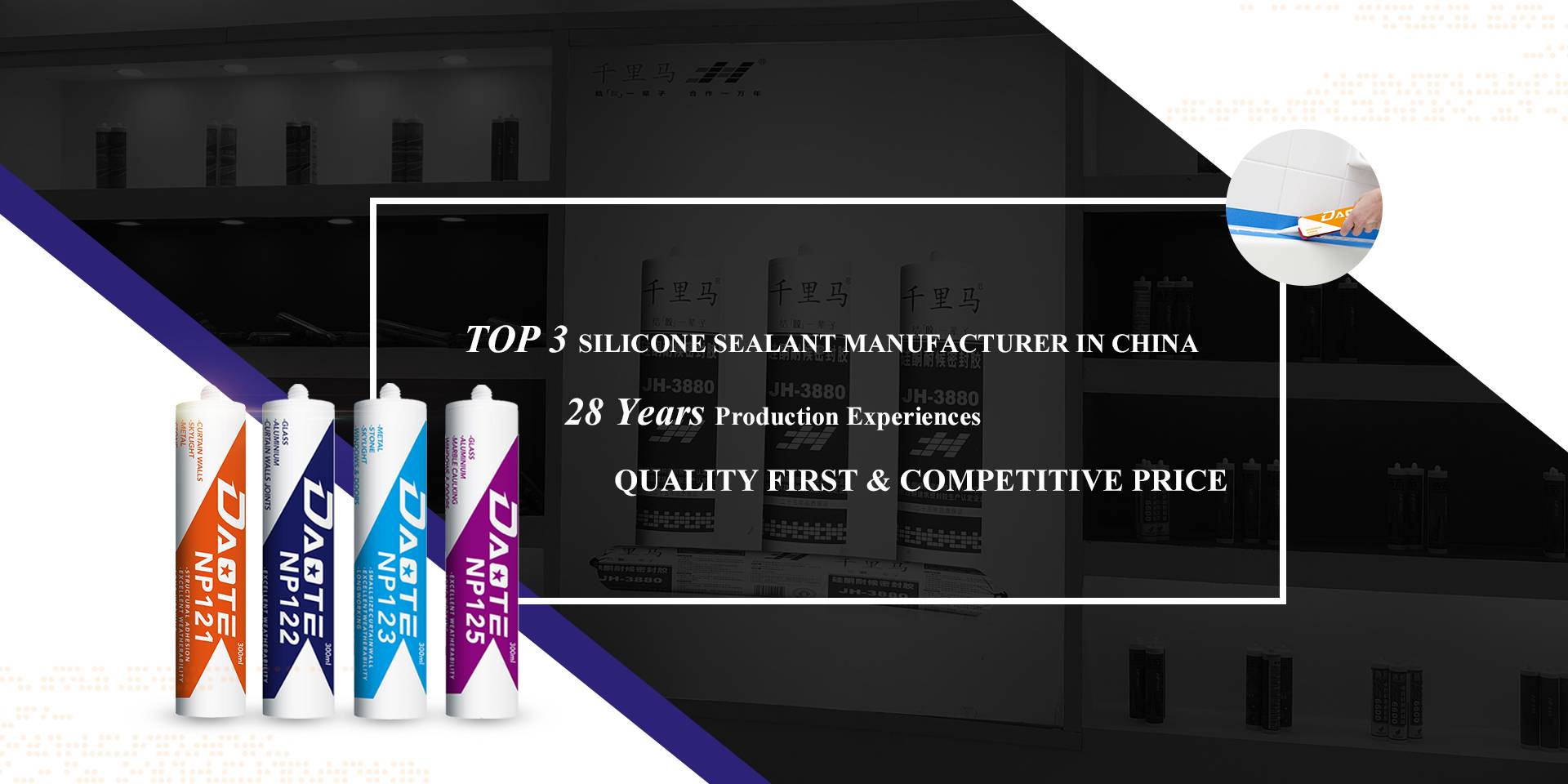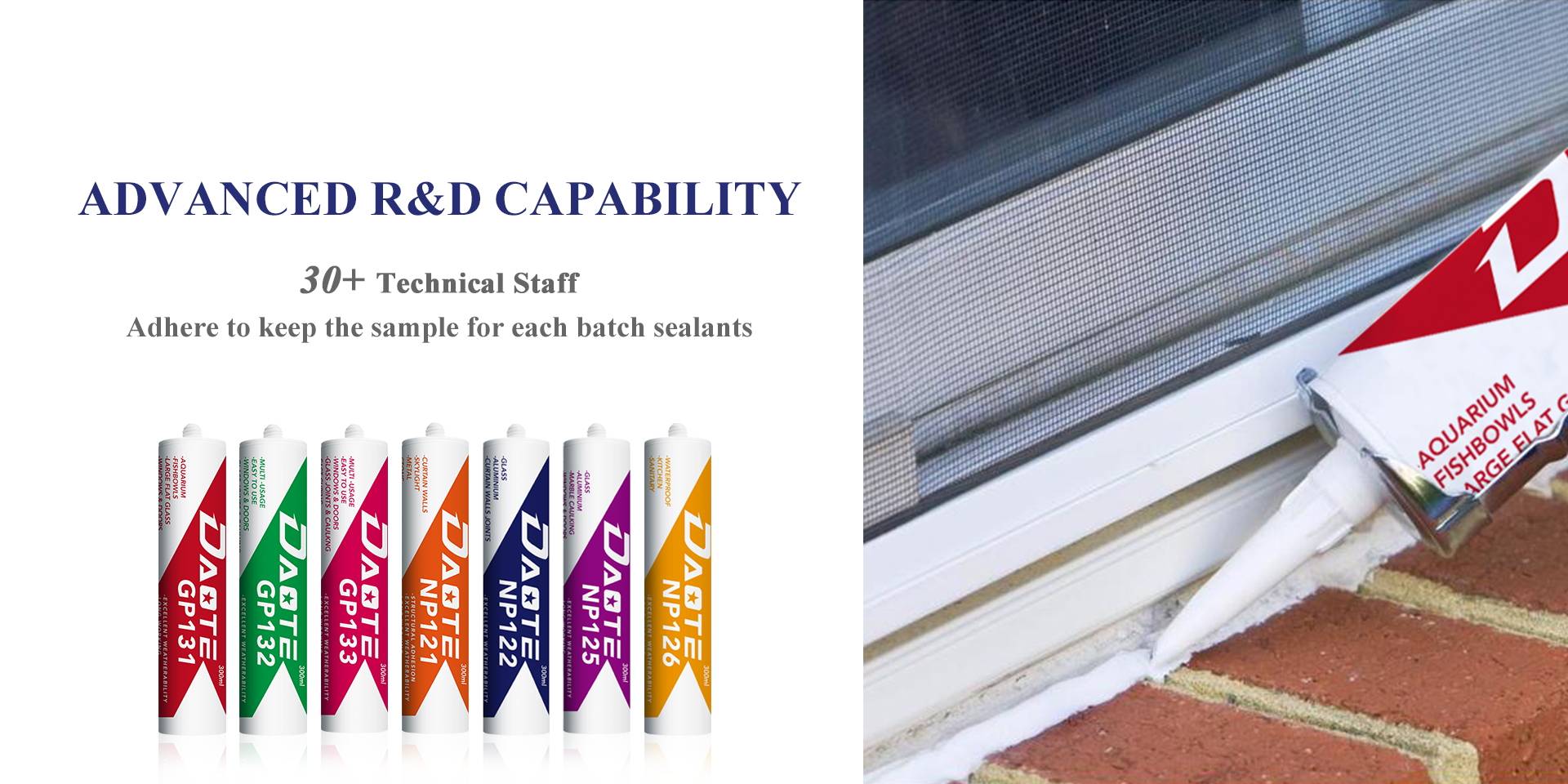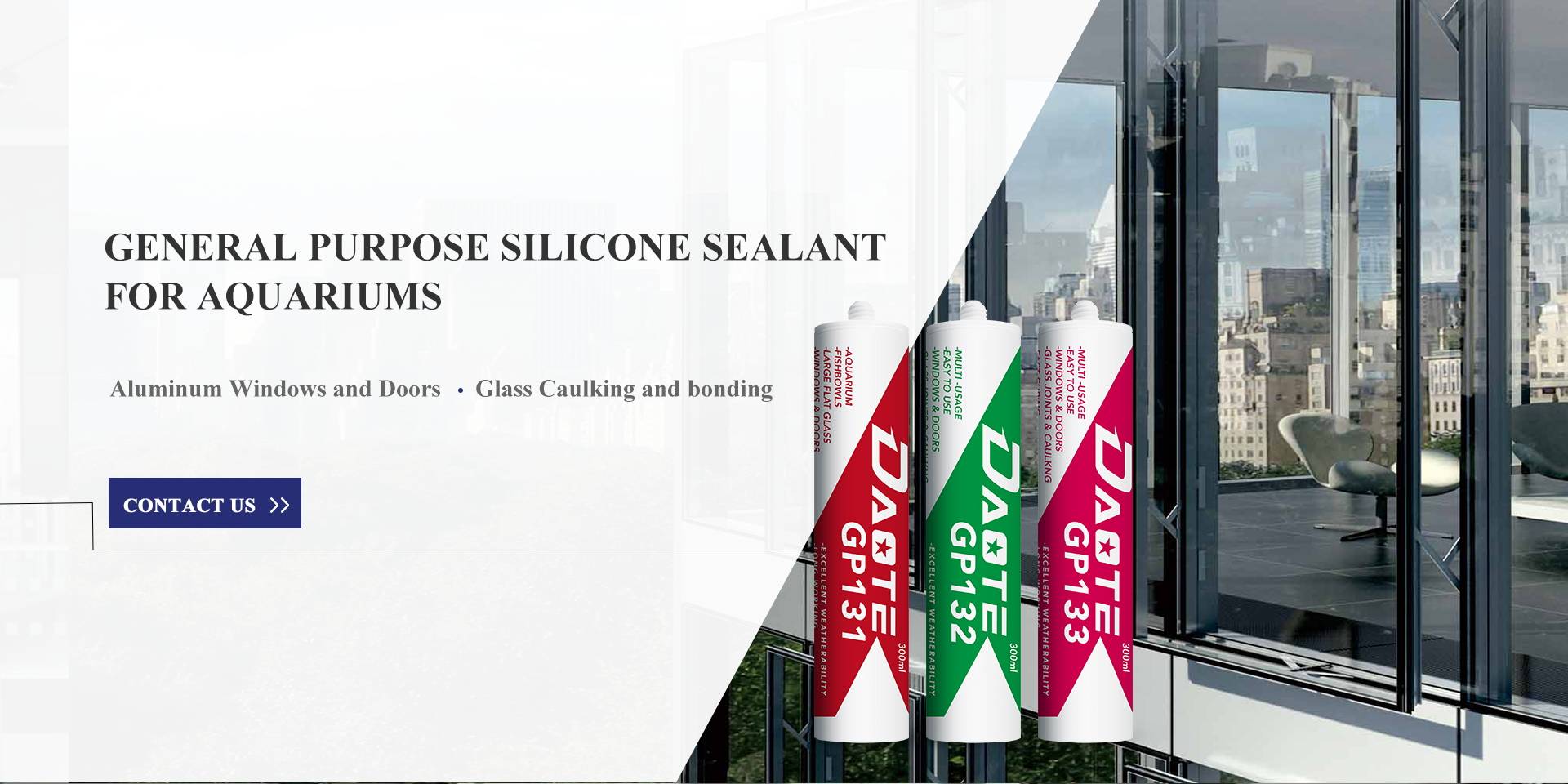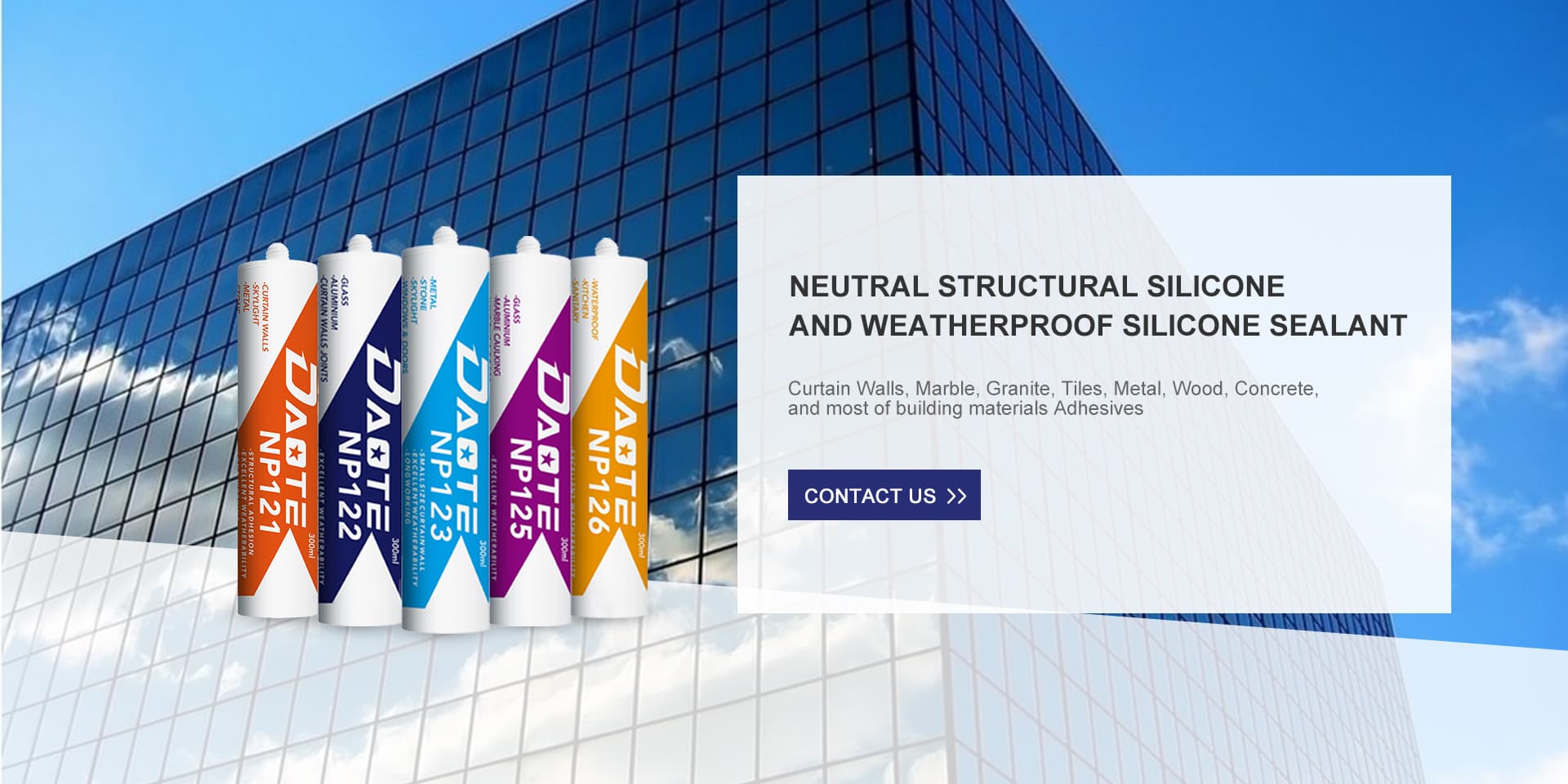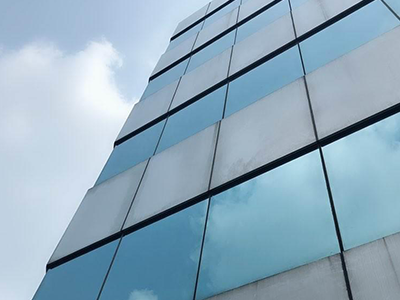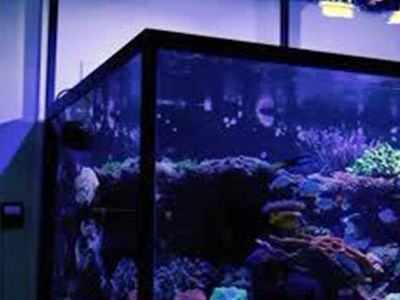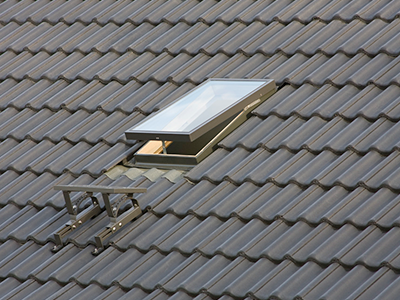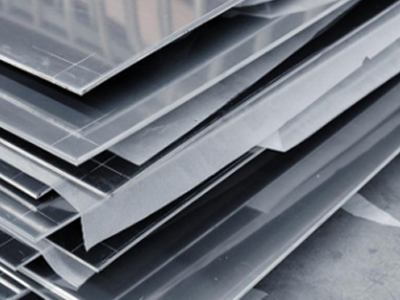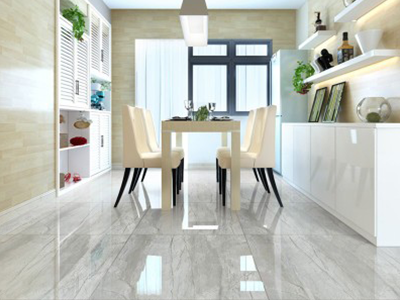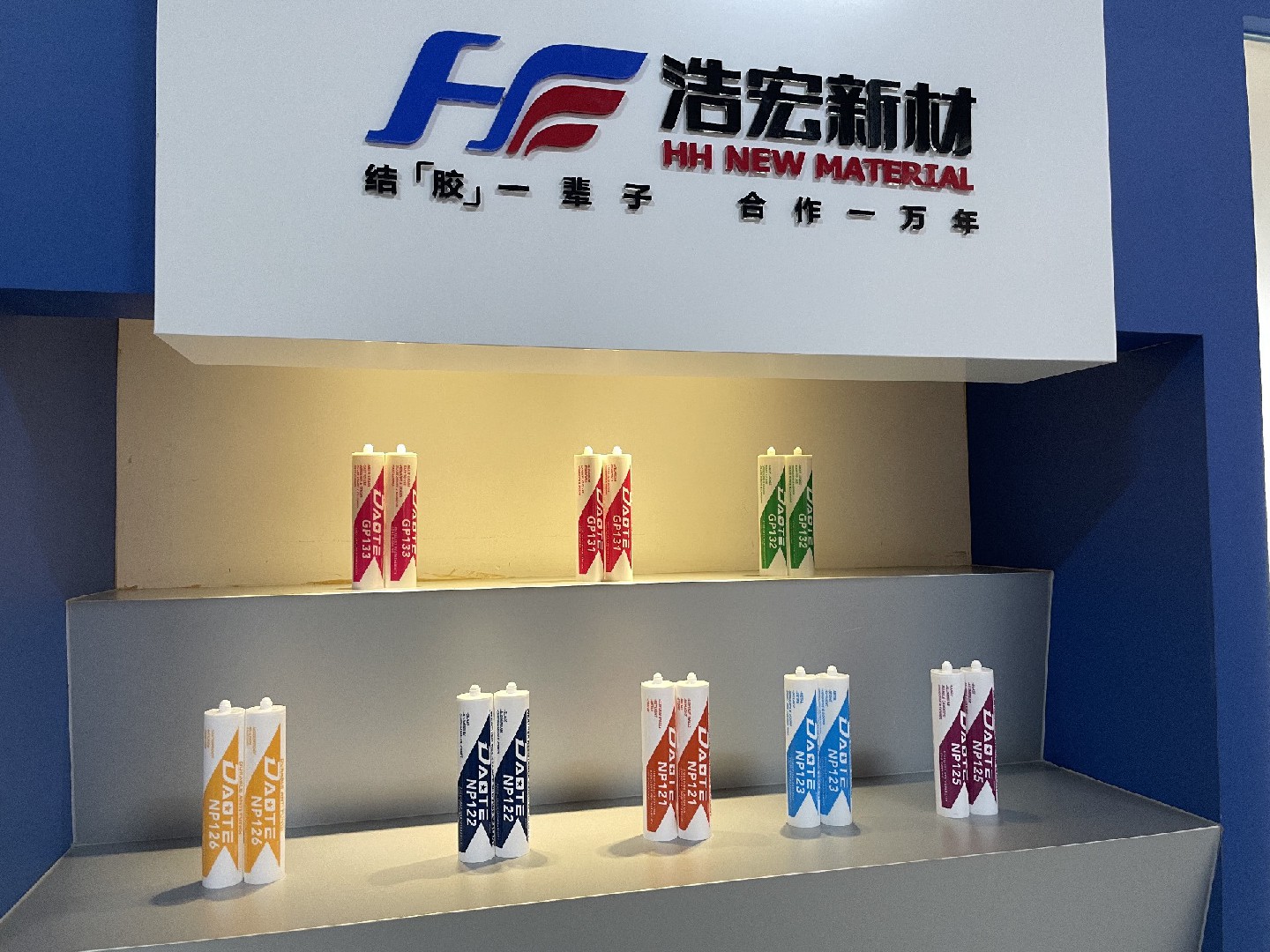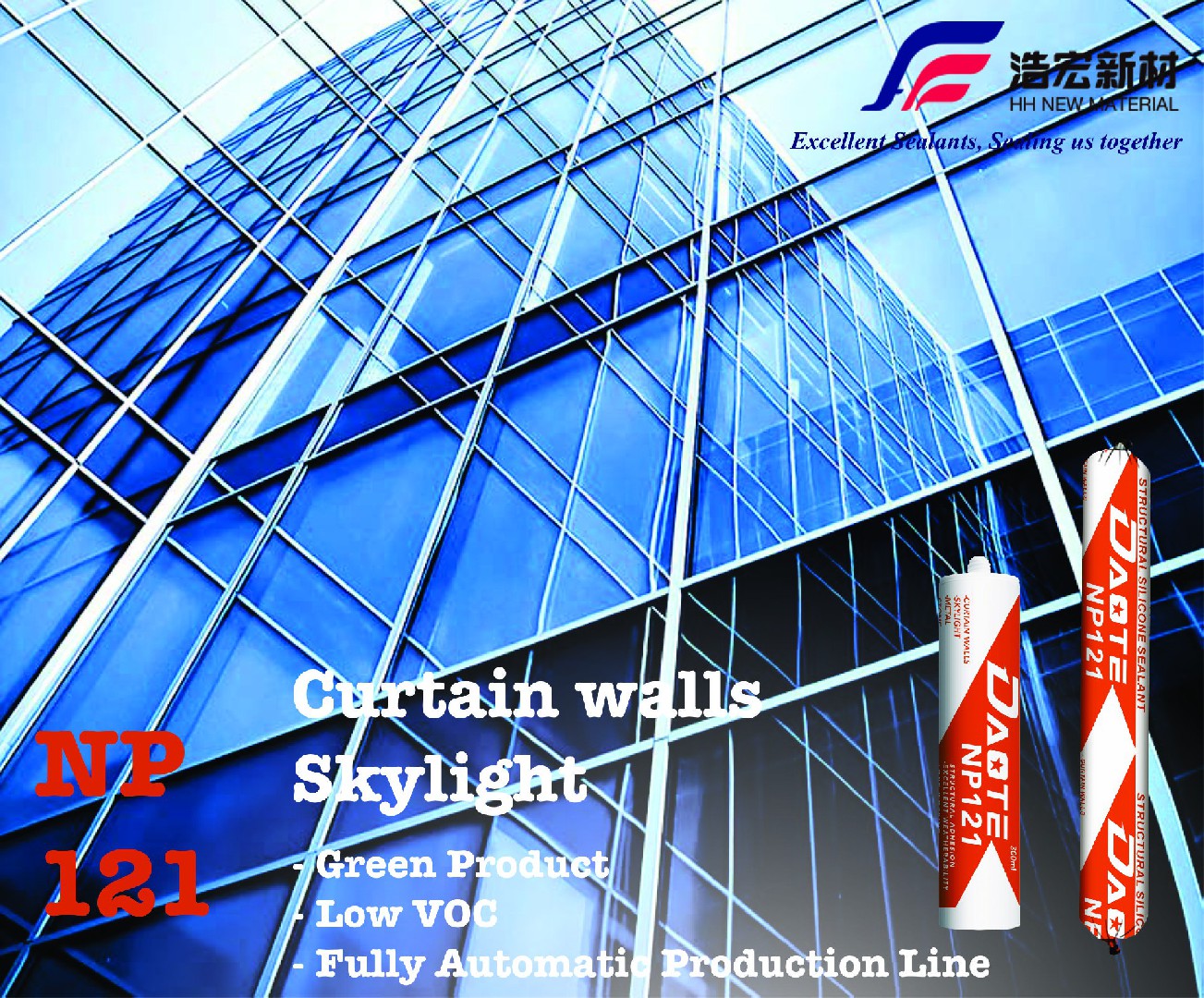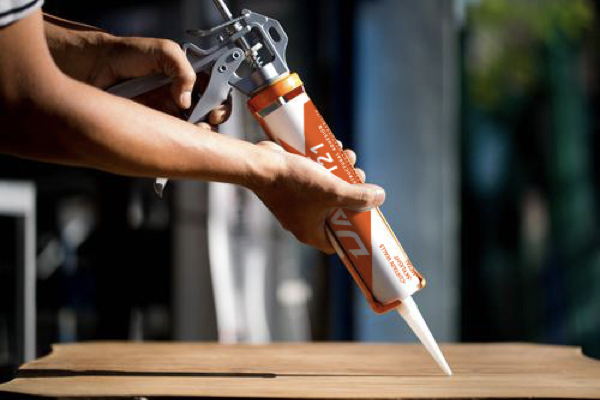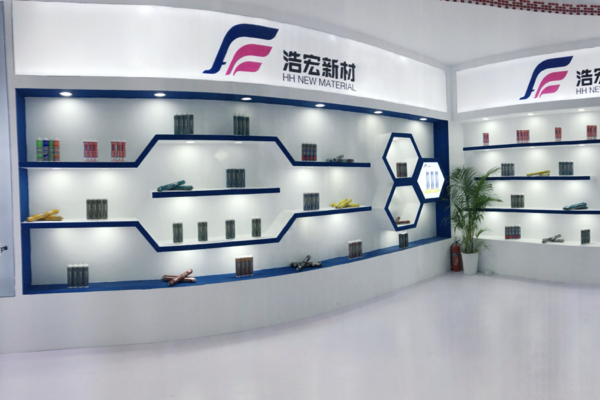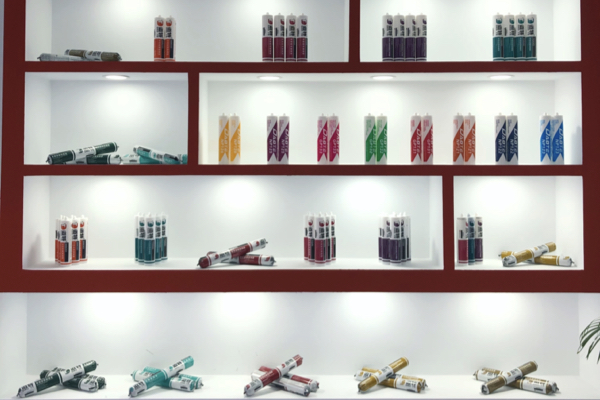PRODUCTS
Silicone Sealant Manufacturer
WHY CHOOSE US
16 Years Experiences for using fully automated production line
Silicone Sealant (Acetic, Structural, Weatherproof), MS Hybrid Polymer, Liquid Nails and so on
Independently Research and Development
30+ Employees in R&D Team
OEM/ODM PROGRAM

Request & Research

Evaluation & Quote

Simulation & Sampling

Approval & Order

Quality & Delivery
CONTACT US NOW
Haohong has exported products to Vietnam, India, Turkey, Thailand, Japan, America, Canada, South Africa, Brazil, Peru, Australia, New Zealand, Pakistan, Sri Lanka, United Arab Emirates and so on.
ABOUT US
Haohong New Material Co., Ltd specializes in R&D, production and sales of a wide range of silicone sealants for 28 Years. The leading product is a series of neutral weatherproof silicone sealants, neutral structural silicone sealants and general-purpose silicone sealants which are used for outdoor & indoor joints, bonding and structural assembly and for window and door joint purposes. Moreover, our products include Two-component silicone sealant, Liquid Nails and MS Hybrid Polymer also. In the future, Haohong devotes research and development to covering more adhesive products.
- 88000m² Area
- 200+ Employees
- 180,000Tons Yearly Output
NEWS
Acrylic Sealant vs. Silicone Sealant
Weatherproof Silicone Sealant V.S. Structural Silicone Sealant
Silicone Sealant Handbook
Commercial-grade Silicone Caulking Types
The Strength Of Haohong New Material
Window Sealants Manufacturer – OEM Services
CONNECT US


Zhaoqing Haohong New Material Co., Ltd.
We are always providing our customers with reliable products and considerate services.
If you would like to keep touch with us directly, please go to contact us
